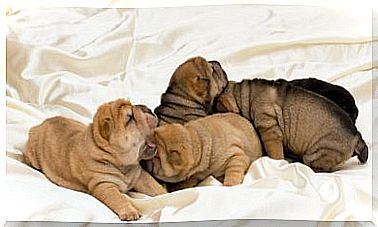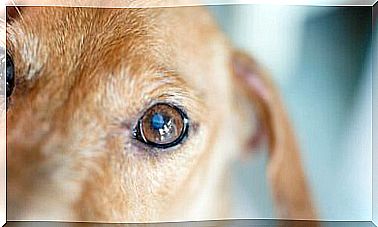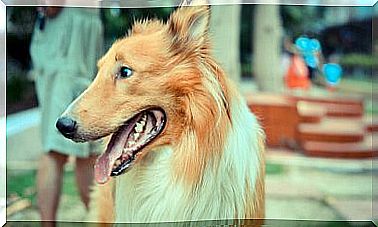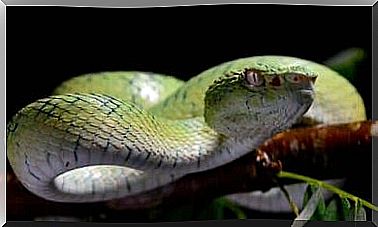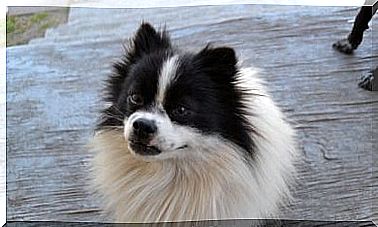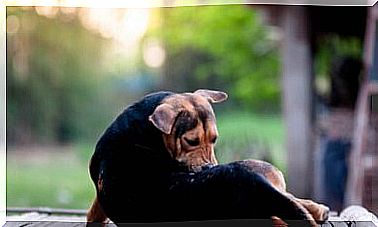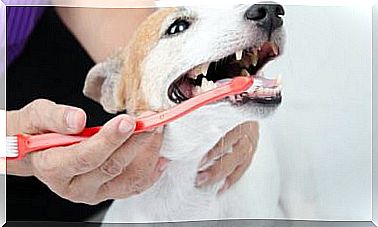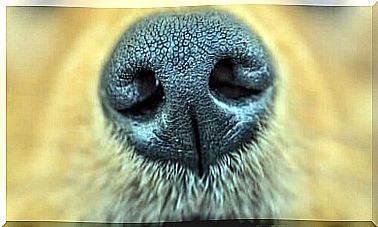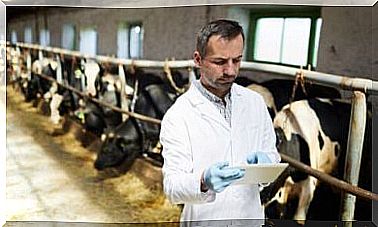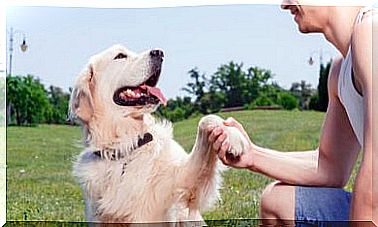Hybrid Animals: Definition And Their Characteristics
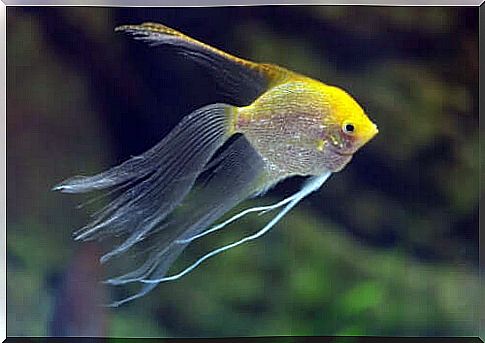
Hybrid animals arise when two different species mate and reproduce. For this to happen, courtship behavior must be similar in both species, along with other elements.
On the one hand, they must have a similar number of chromosomes, while the information stored in them must also be almost identical. Otherwise there can be no offspring. Read on below to learn more about the process of hybridization in different species and some fascinating hybrid animals .
The world of hybridization
Both parents must demonstrate similar behavior in order to mate. But could the offspring inherit stronger traits from one parent than from the other?
First of all, you should know that there are many behavioral traits inherited from parents in order to answer this question. But there is also the acquired behavior – through learning and observing the social group.
Researchers have worked with animals in their laboratories to study hybrid behavior. In fact, some of these animals have even made it into zoos. The liger, for example. In addition, some species of duck are natural hybrids.
Hybrid animals – laboratory mice
Researchers often use mice in many of their experiments and they have already bred specific inbred mice. In fact, they usually choose one type or the other depending on the study they want to do.
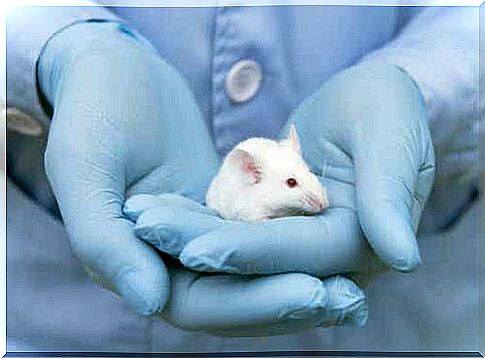
There is ample evidence of the differences in behavior between different species of mice. Because of this, the effects of the various pharmacological compounds tested with them can produce many different results.
This is due to the fact that the neuroanatomical development and physiological characteristics of these mice are different due to genetic causes.
In one study, the researchers analyzed the behavior of different types of hybrid mice through tests. The main aim was to classify emotional behavior (fear, stress and depression), motor performance, spatial learning and memory.
From this research it can be concluded that some hybrid animals are more prone to stress and anxiety. On the other hand, other types of mice perform worse on spatial tasks because of their vision problems.
In previous studies, the researchers had already shown that hybrid animals have better memories than their parents. This phenomenon is known as hybrid vitality. It occurs in many species of animals and plants, and scientists demonstrated it by crossing pure breeds of poultry and pigs.
A liger is the hybrid descendant of a lion and a tiger
More precisely, this hybrid animal is a cross between a male lion ( Panthera leo ) and a tigress ( Panthera tigris ). It is a human creation that is several centuries old.
As for the behavior of these animals, lions are primarily diurnal and live in large groups, while tigers are nocturnal and solitary. The behavior of the ligers is more similar to that of the lions. In addition, these animals are mostly sterile, even if there are some fertile specimens.
Hybrid animals and their behavior
Whether a hybrid animal behaves more like one parent or both depends largely on the species crossed and the environment in which they were raised.
Parental care (usually by the female in mammals) has a major impact on the behavior of the offspring. Therefore, the behavior of the hybrid offspring will be more similar to that of the mother. That’s because she’s the one who teaches them how to survive.
In general, everything seems to indicate that there is one dominant ancestor over the other when looking at behavior. However, when the hybrid is the result of two quite similar species – as is the case with mules, for example – it is difficult to distinguish between the behavior of one and that of the other.
